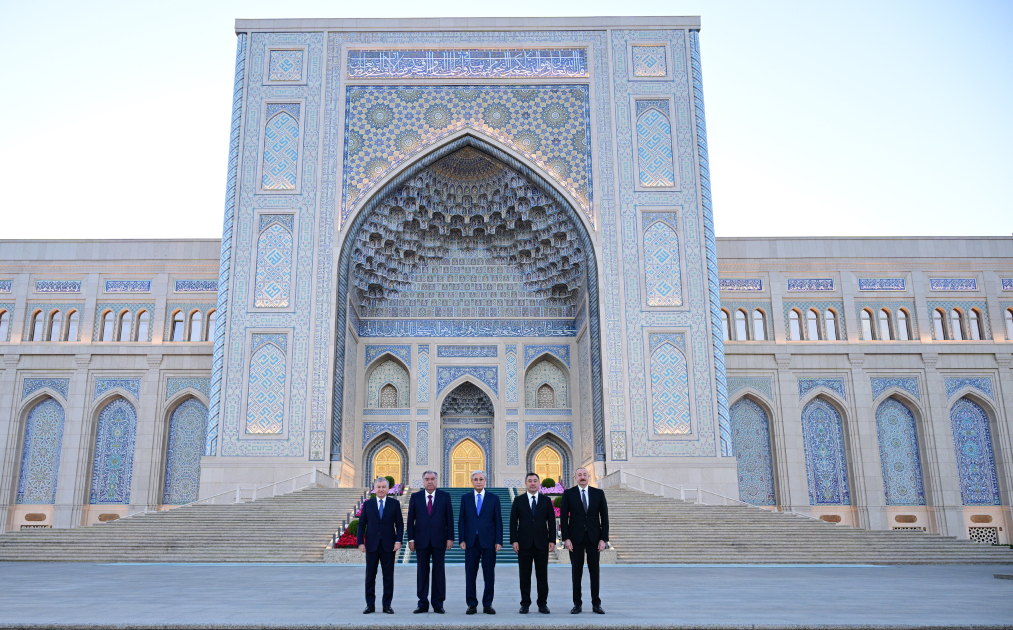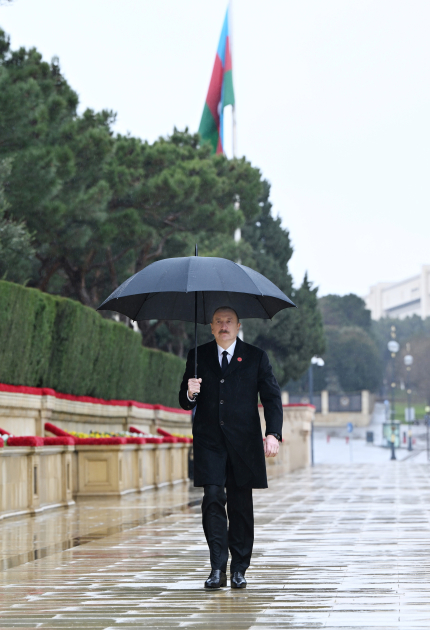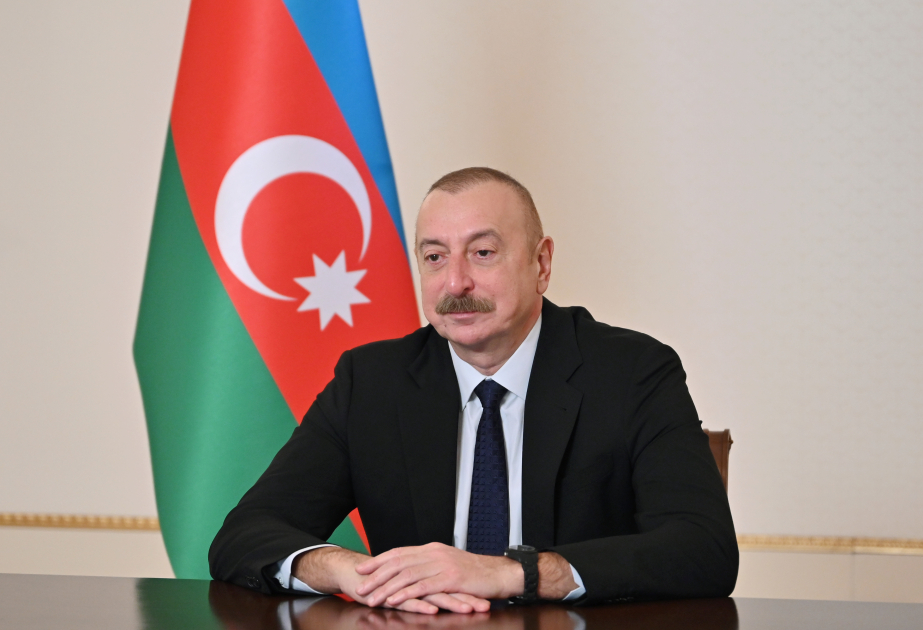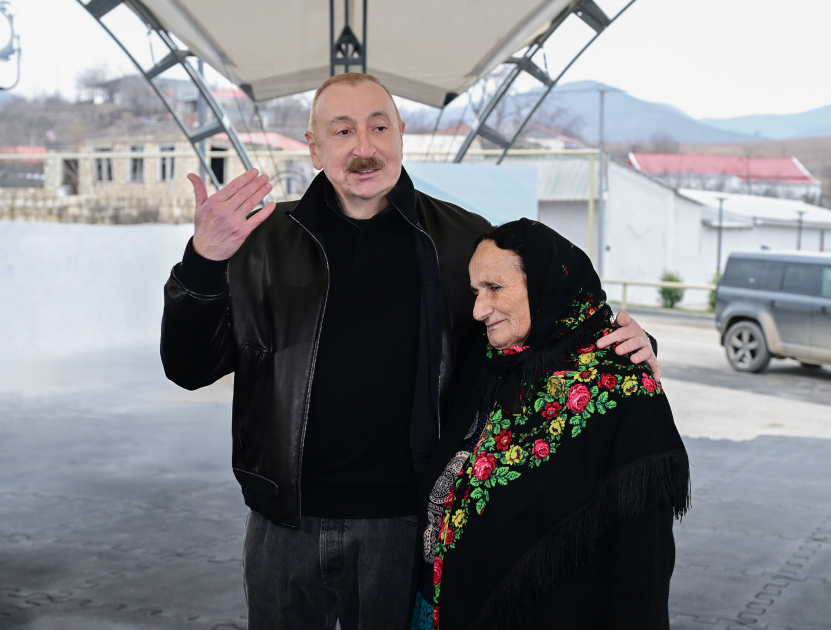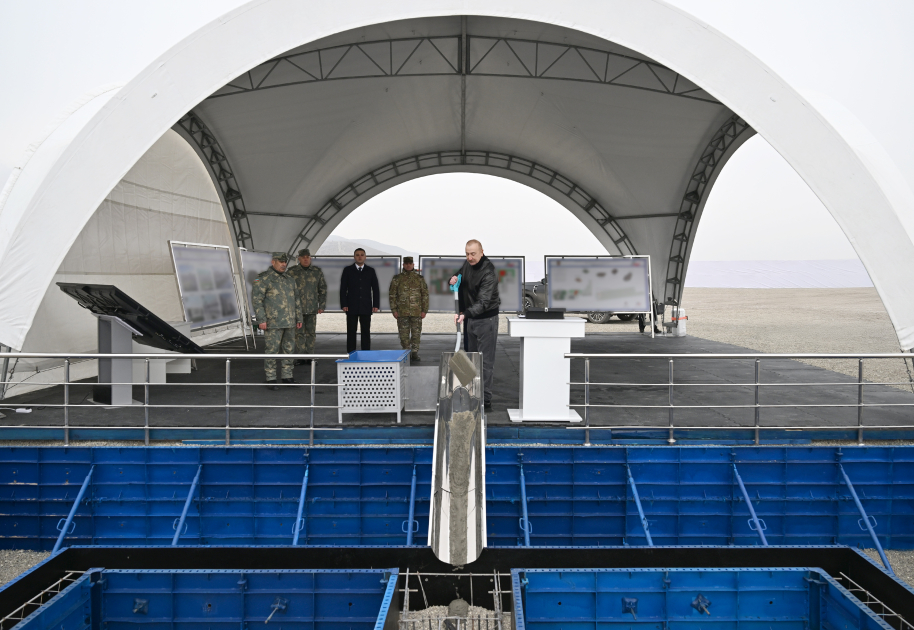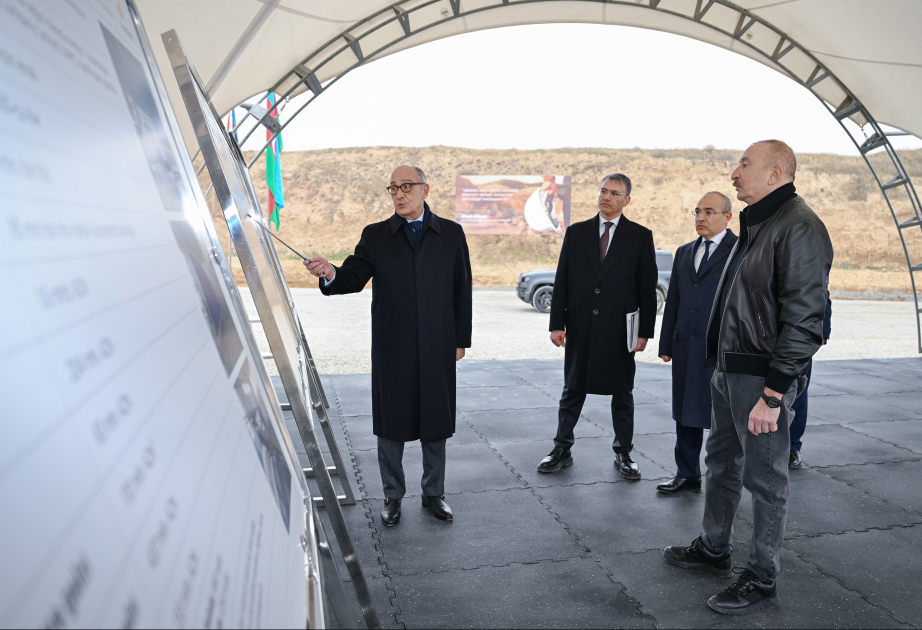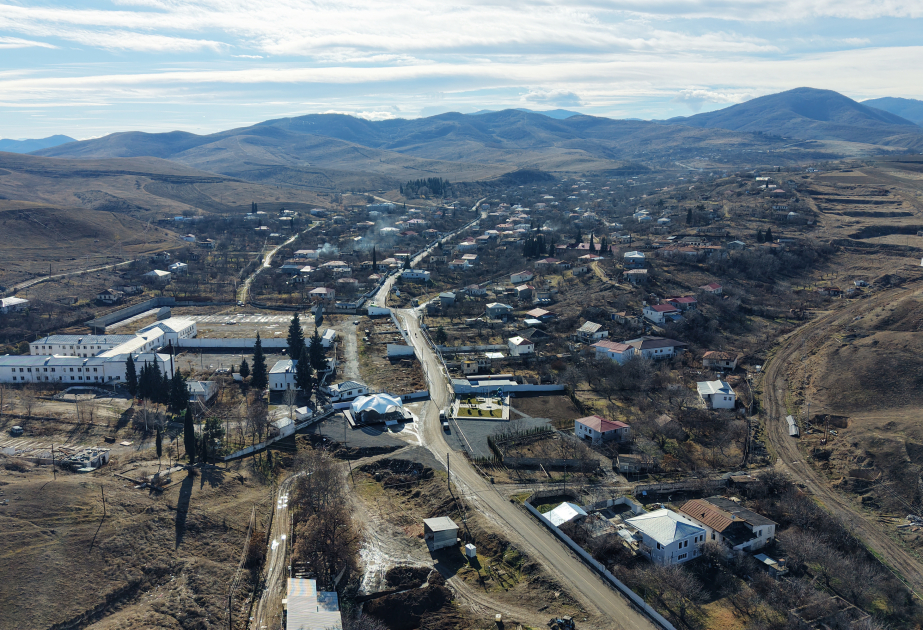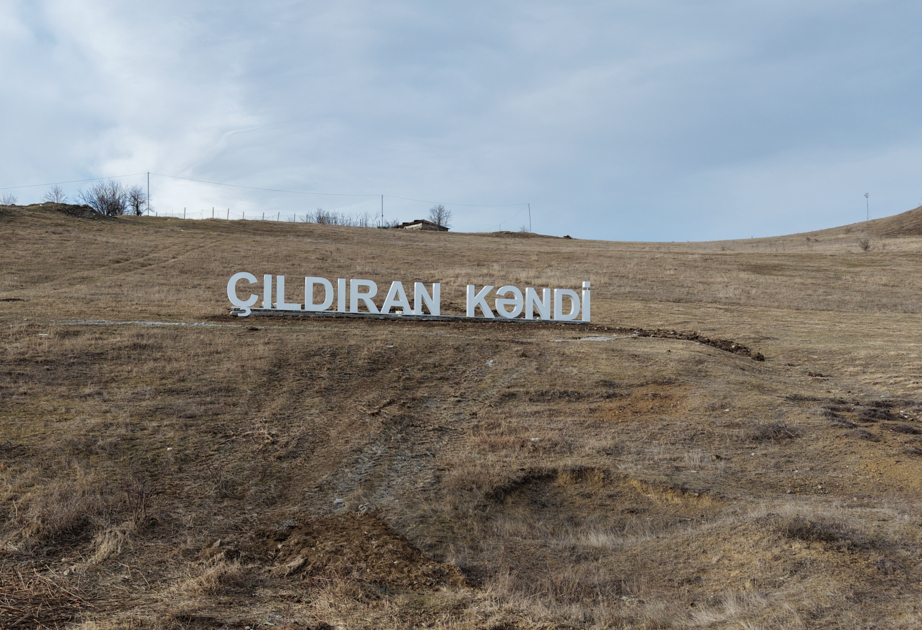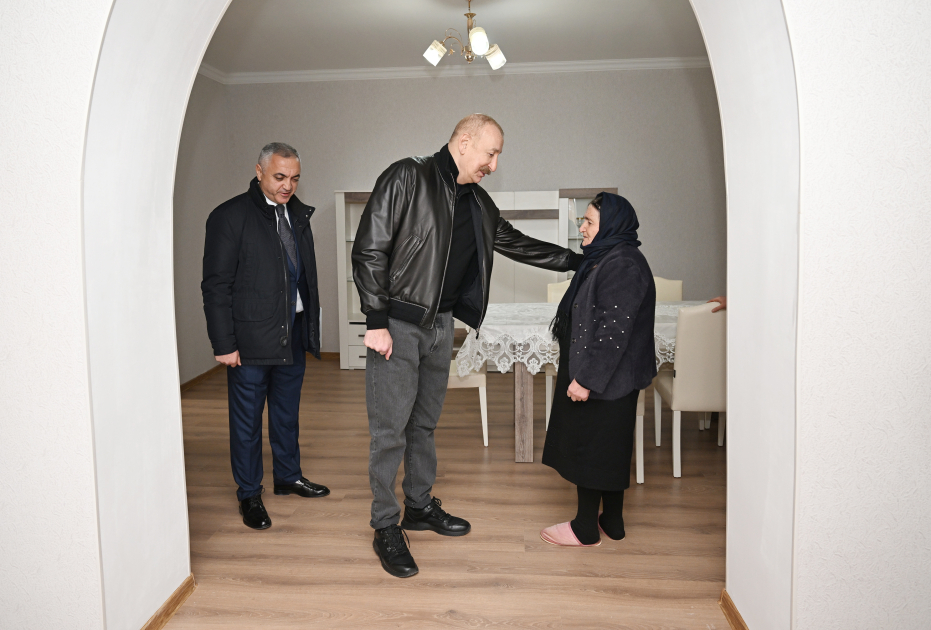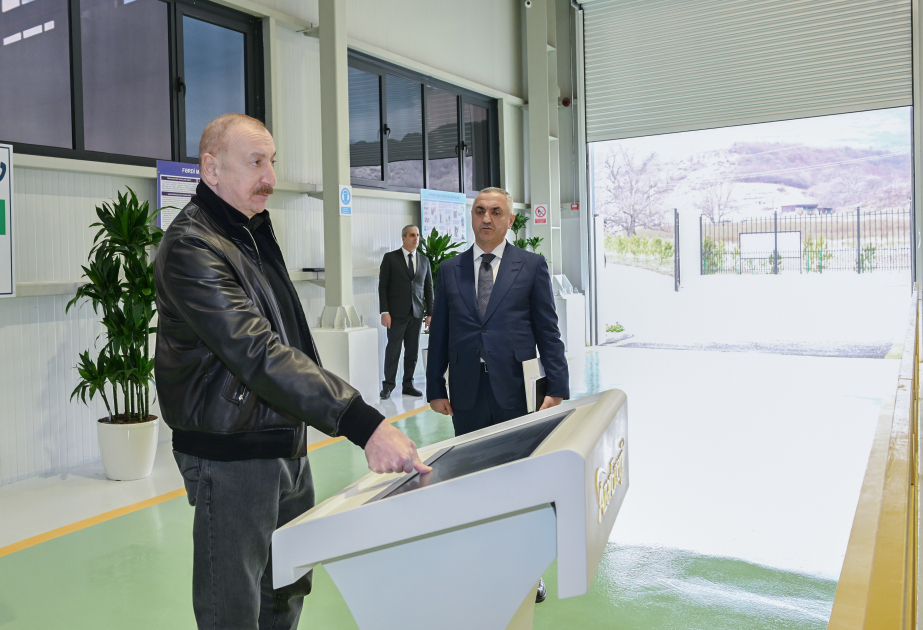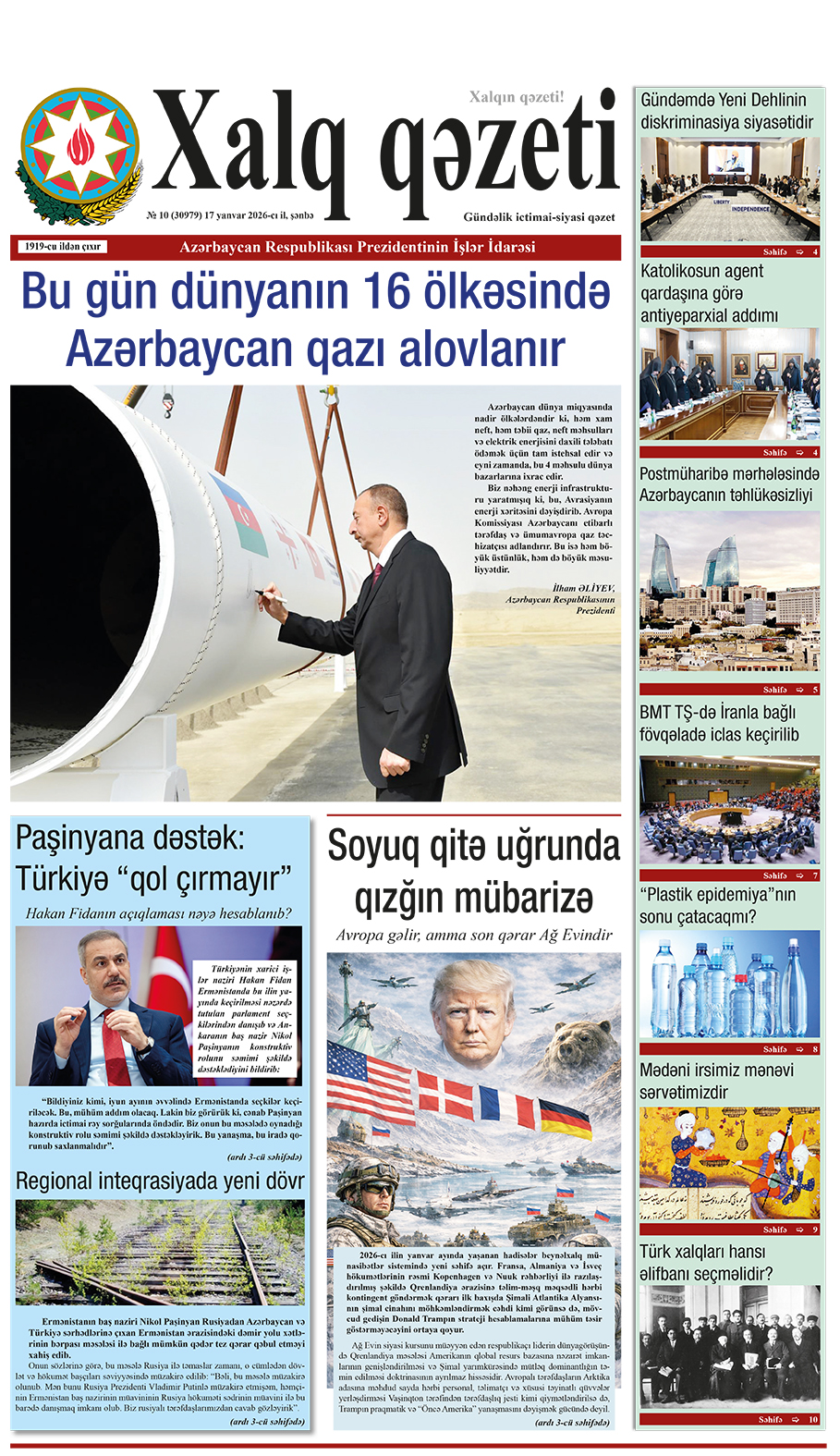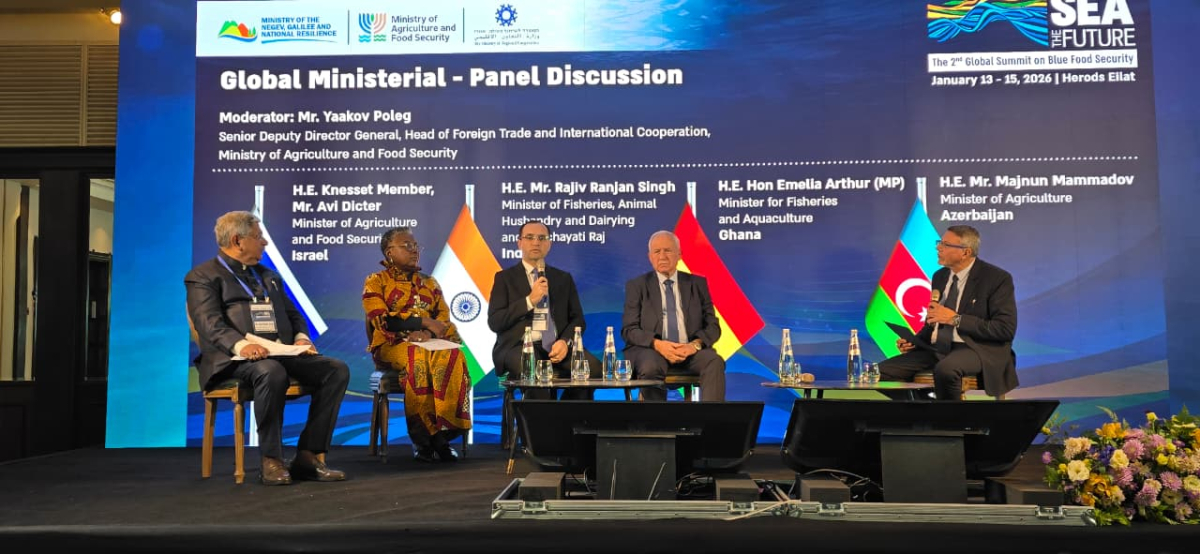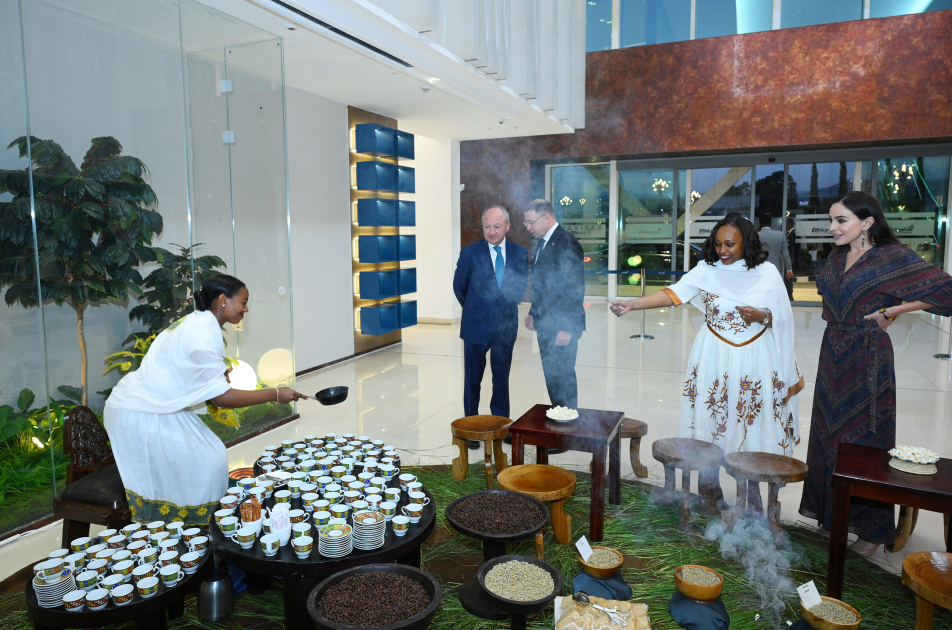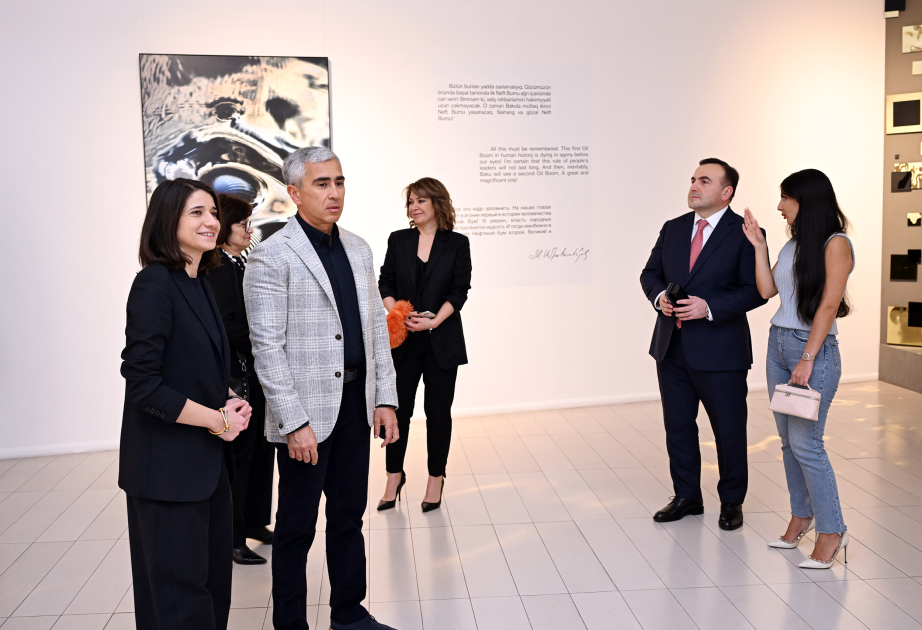On November 15, President of the Republic of Azerbaijan Ilham Aliyev visited the Center of Islamic Civilization in Tashkent.
The foundation stone for the Center of Islamic Civilization, established by the Decree of the President of Uzbekistan Shavkat Mirziyoyev, was laid in 2018. The project, which involved hundreds of scientists, experts, and religious and public figures, resulted in a center covering over 10 hectares, designed in the style of ancient Samarkand architectural monuments, and crowned by a 65-meter-high dome.
The center’s core facilities include research, publishing, library, archives, a manuscript fund, and a national register for rare manuscripts sections. Its exhibition gallery showcases historical artifacts and works, through modern technologies and digital devices demonstrating the creative genius of past generations.
The center also houses a huge library containing 100 thousand manuscripts and over a million books, the scientific department of the Center of Islamic Civilization, and offices of international organizations. Its museum exposition is organized into distinct halls: "Pre-Islamic Civilizations", "The First Renaissance", "The Second Renaissance", "Uzbekistan in the 20th Century", "New Uzbekistan - the Basis of the Third Renaissance" and "The Holy Quran".
At the heart of the complex lies the hall of the “Holy Quran”, where the ancient “Muskhaf Usman”— priceless relic of the Islamic world—is preserved. The hall also displays copies of the holy book created during the eras of Samanids, Karakhanids, Khorezmshahs, Uzbeks, Temurids and other historical dynasties, their translations into the old Uzbek language, as well as the rarest handwritten copies of the Koran from all over the world. Furthermore, the center has successfully implemented various religious-educational and innovative media projects.
Using holography, devices, and projection technologies, the massive multimedia panel “Wall of Time” provides information on the key historical periods, remarkable discoveries, and renowned figures from different eras. The center also actively collaborates with a number of international organizations, including UNESCO and ICESCO.


